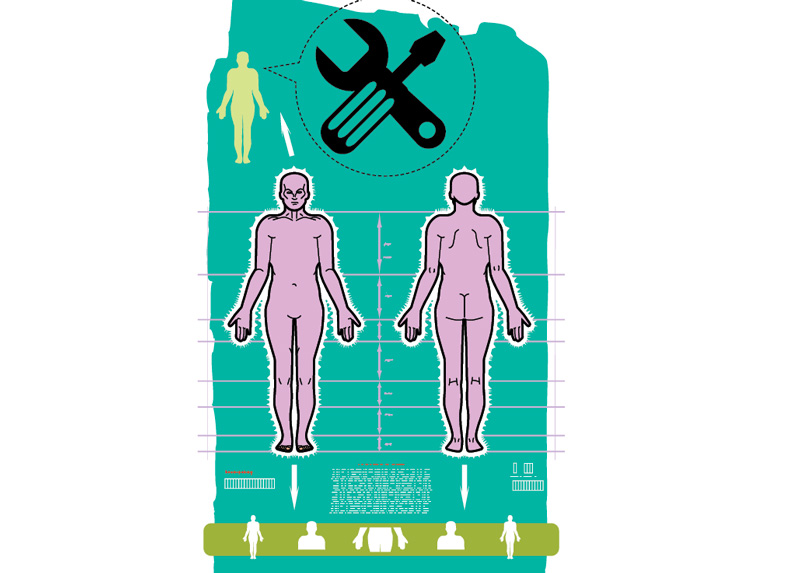Written by Shawn Radcliffe
—
[dropcap]Every year thousands of men take their car to the garage for routine maintenance or give their favorite summer toys a thorough cleaning, but how many of them show the same level of commitment to their own health?[/dropcap]Apparently, not many. According to The 2011 Esquire Scientific Survey of Men and Their Health, a third of the men surveyed haven’t had a doctor’s checkup in over a year. Many of them, no doubt, avoid routine doctor’s visits because they are cruising the road of good health without any symptoms of illness. But more than half of men don’t even have a regular doctor, which means they are passing up a perfect opportunity to catch major health problems early on.
Unlike the knocking and grinding that indicates there’s something wrong with your car, many major illnesses don’t show symptoms until later on. The risk to your health from these “silent killers”—such as high blood pressure, diabetes, high cholesterol and kidney disease—increase as time passes, making early detection through medical screening an important part of staying healthy.
“The only way a man would know he has one of these medical conditions would be to be screened, and to see his physician or provider,” says Dr. Dalila Birem, assistant medical director of the Community Health Care Network clinics for Molina Healthcare.
For a long time, health care professionals recommended that adults be screened annually during a routine physical exam. This advice has shifted recently toward less frequent screenings. One 2012 study, published in the journal BMJ, even found that having an exam every year doesn’t actually help people live longer or decrease their risk of dying from heart disease or cancer. This doesn’t mean that you can put off seeing your doctor for five—or even worse—10 years.
“I think the consensus is that men still need screening, perhaps not on an annual basis, but at least every two years or some other time frame,” says Dr. Birem, and adds, “but they do need some type of screening.”
Several key health screenings can be done every time you visit a doctor, whether during a routine checkup or when you go in because of a common cold. A quick check of your height and weight, heart rate, blood pressure, cholesterol and tobacco use can provide your doctor with a useful snapshot of your health and serve as warning signs for those silent killers.
“Also screening for depression is important,” says Birem, “that’s part of preventative health visits.”
As the Esquire survey discovered, many men don’t even take advantage of these simple tests. Over 40 percent of men haven’t had their cholesterol checked. Three-quarters don’t know their body mass index (BMI)—a combination of height and weight that indicates whether you are overweight or obese.
In addition to the standard screenings, doctors need to keep
an eye out for other diseases as men age. “As a man gets older,” says Birem, “it becomes even more important to get screenings, especially for blood pressure, diabetes and cholesterol.” For men over age 50, screening for colon cancer—such as with a colonoscopy or simply by looking for blood in the feces—is also recommended.
However, some tests once widely performed have been found to provide no added health benefit.
This includes routine X-rays and stress tests, those done without symptoms of an existing problem. As for prostate cancer, “most studies have shown that it’s not appropriate to check routine screening PSAs,” says Birem, referring to the prostate-specific antigen test.
Keeping up with the latest developments in medical screening can be difficult, which is why it’s important to see your doctor
regularly, even if you don’t go as often as you rotate the tires on your car. Not only are these visits useful for detecting diseases like heart disease and diabetes early on, they will also help you build a trusting relationship with your doctor. Establishing this kind of rapport while you are healthier will make it easier for you to work with your doctor when you are dealing with a more serious illness.







